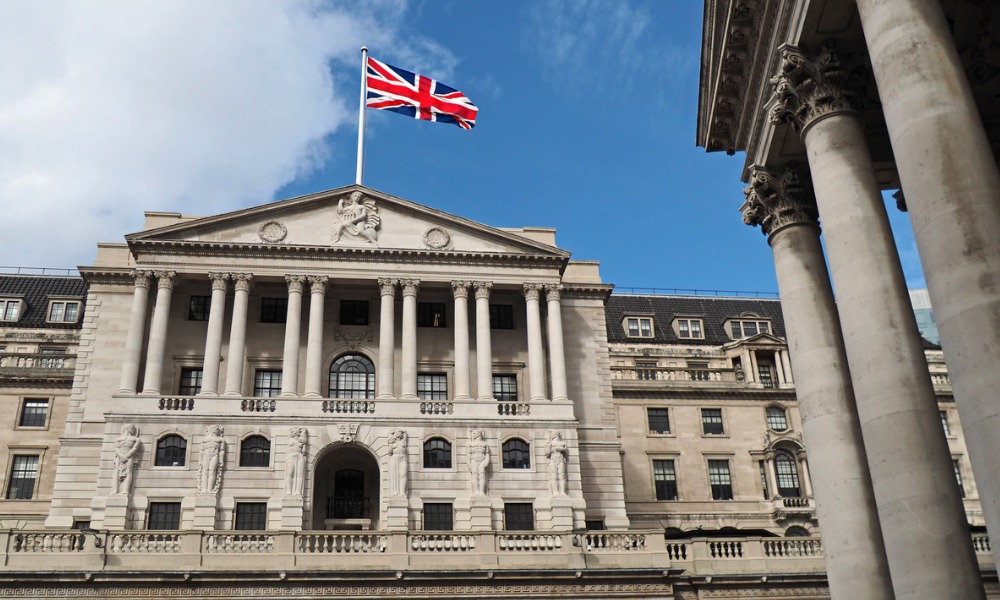Markets expect rates to drop to 4.75%

By the end of the year, more than 1.5 million UK households might enjoy lower mortgage payments if the anticipated base rate cut materialises, according to the Bank of England (BoE).
The bank’s latest Financial Stability Report suggests the financial strain from the recent surge in interest rates, from 0.1% in December 2021 to the current 5.25%, is starting to subside.
The report also indicates that approximately two million borrowers with variable rate mortgages or short-term fixed rate deals will benefit by the end of 2026.
“Market participants expect bank rate to start falling in 2024 H2,” the bank stated in the June report. “This would immediately benefit variable rate mortgagors, who account for around 18% of the total stock of mortgages.
“Current market pricing also suggests a growing number of fixed rate mortgagors, who are already paying higher rates, may be able to refinance at a lower interest rate over the next two years. In response to higher mortgage rates, an increasing proportion of households are choosing to borrow over longer terms, which reduces monthly capital repayments in the near term but means they will have more debt to service further out.”
More than 1.5 million UK households will see their mortgage payments fall by the end of this year if interest rates are cut as markets expect, according to the Bank of England https://t.co/Qwu8BZ1jzc
— Bloomberg Economics (@economics) June 27, 2024
Despite the projections, the majority of the UK’s approximately 10 million mortgage borrowers will experience modest improvements, with most seeing reductions of less than £100 per month, according to BoE data.
Average monthly payments are expected to increase by £180, down from the £240 estimate in December’s Financial Stability Report, as three million households confront higher refinancing costs. These households, currently on rates below 3%, will need to refinance at higher rates. More than five million mortgage borrowers have already faced increased costs since 2021.
The BoE acknowledged that households have demonstrated resilience amid rising interest rates, although many have resorted to using savings and extending mortgage terms to manage upfront costs, thereby deferring debt burden.
Mortgage arrears and repossession rates remain below those seen during the 2008 financial crisis and the 1990s. However, the BoE cautioned that renters and low-income households are still vulnerable, increasingly relying on consumer credit to manage debt.
Want to be regularly updated with mortgage news and features? Get exclusive interviews, breaking news, and industry events in your inbox – subscribe to our FREE daily newsletter. You can also follow us on Facebook, X (formerly Twitter), and LinkedIn.



